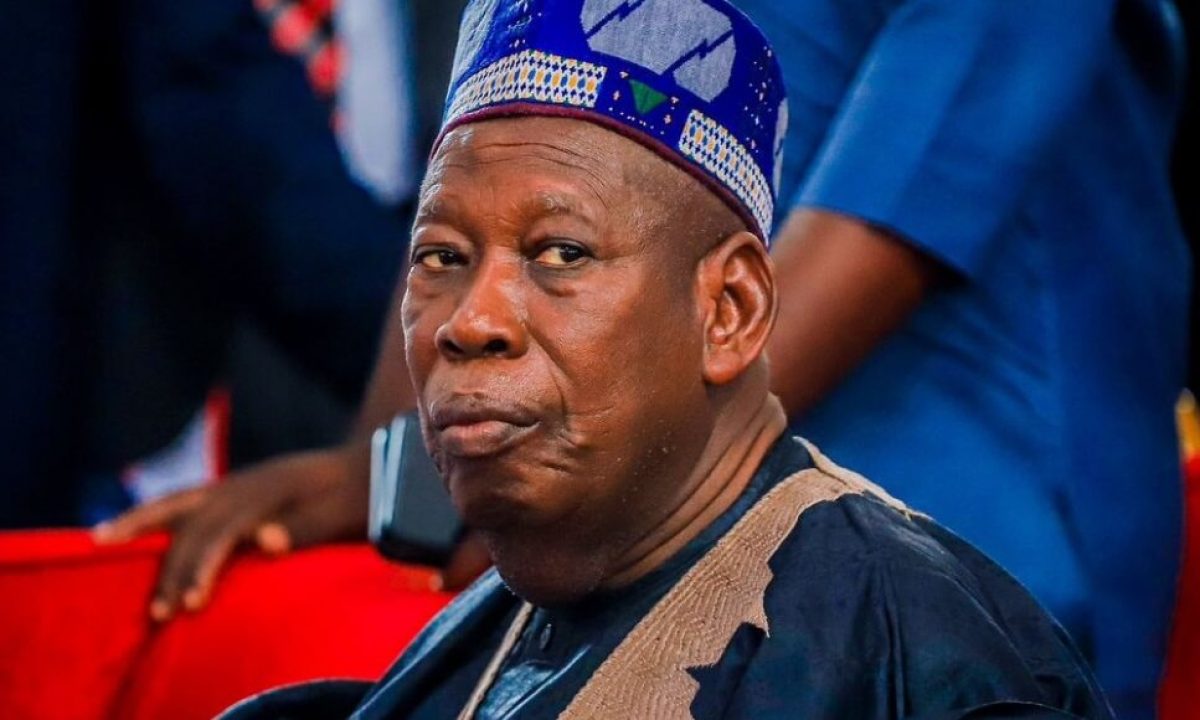
APC Faces Internal Tensions Over 2027 Ticket Allocation
A major crisis appears to be brewing within Nigeria’s ruling All Progressives Congress (APC) following its recent endorsement of President Bola Tinubu for a second term in 2027.
What started as a show of unity has now triggered growing unease over how the party will handle ticket allocations for lawmakers and state-level aspirants in the upcoming general elections.
Key figures behind the endorsement—Senate President Godswill Akpabio , PGF Chairman Hope Uzodimma , and National Chairman Umar Ganduje —have inadvertently fueled expectations among some lawmakers that they deserve guaranteed renomination due to their support for Tinubu’s agenda.
But not everyone agrees.
The Push for Automatic Tickets Sparks Backlash
Some serving lawmakers have been quietly lobbying for automatic tickets , arguing that their visible loyalty to Tinubu during his first term should earn them political protection.
However, this idea has met strong resistance from state party structures , governors , and long-standing members who argue that doing so would undermine internal democracy and alienate grassroots supporters.
They insist that if a lawmaker has performed well, they should win through open primaries—not be handed a free pass.
“If you’ve done your job, win your primary fair and square,” one governor reportedly said. “We won’t allow imposition.”
This growing divide threatens to widen the gap between federal lawmakers and state-level leaders, especially governors who traditionally hold sway over local party machinery.
Party Denies Automatic Ticket Reports
In response to rising speculation, APC National Publicity Secretary Felix Morka issued a firm statement dismissing claims of automatic ticket allocation as “fake news.”
“The report is fake news and should be disregarded in its entirety,” he stated.
He urged both party members and the public to ignore what he called “mischievous” misinformation aimed at destabilizing the party.
Despite the denial, critics say quiet lobbying continues behind the scenes. They point to past election cycles where informal deals contradicted the party’s official stance on primaries.
Delta State: A Flashpoint for Tension
Nowhere is the tension more visible than in Delta State , where Governor Sheriff Oborevwori and the entire PDP structure recently defected to the APC.
Party members who were part of the APC before the defection are resisting any attempt to hand over the 2027 ticket to newcomers without competition.
The question now is whether the national leadership will protect the interests of long-serving members or open up the process to ensure fairness.
Similar concerns exist across other states where opposition lawmakers have switched to the APC, raising questions about how the party will balance loyalty with merit.
Merit-Based Selection Urged Amid Calls for Transparency
Former APC National Vice Chairman (South-South), Prince Hilliard Eta , welcomed the party’s rejection of automatic tickets, calling it a step in the right direction.
He emphasized that all candidates—whether governors, senators, or reps—should be judged based on performance.
“The President has been assessed and seen to have done a good job. So anyone seeking a second or third term must put their report card on the table.”
He added that many lawmakers had little to show for their time in office, warning against rewarding underperformance with automatic nomination.
Call to Action: Share Your Thoughts!
Do you think automatic tickets should be given to lawmakers who supported Tinubu? Or should all aspirants go through competitive primaries?
💬 Leave a comment below and join the conversation about how Nigeria’s ruling party should handle internal democracy.
📢 Don’t forget to share this article to keep the dialogue going about transparency and fairness in Nigerian politics.


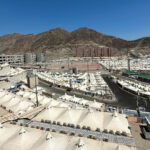



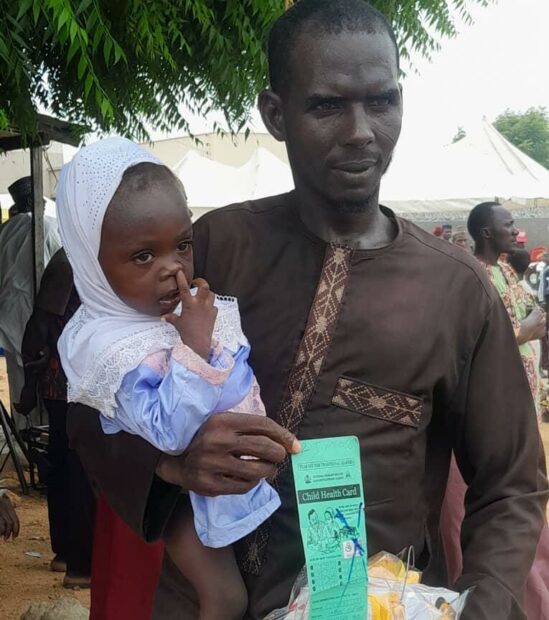
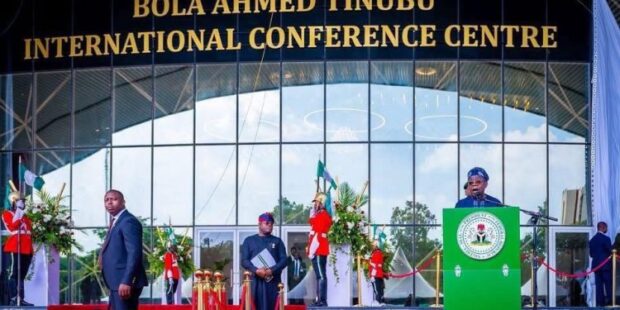
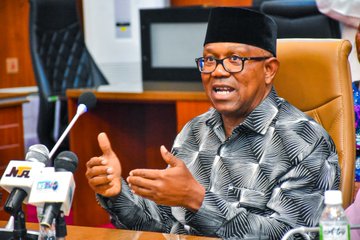
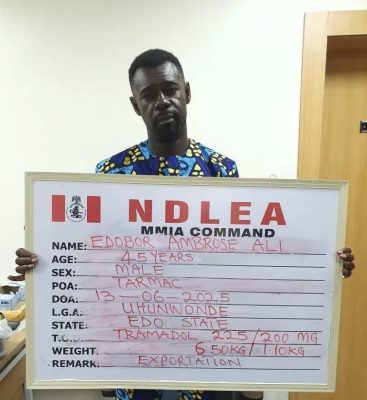
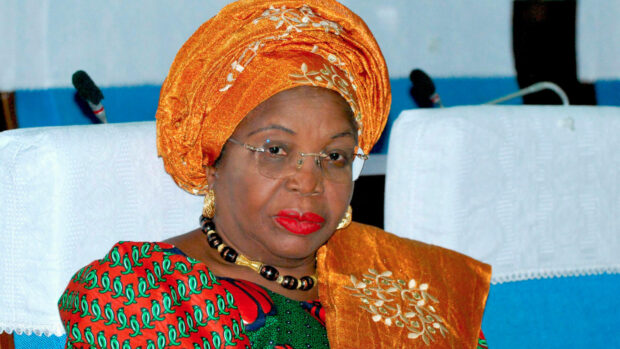



Be the first to leave a comment